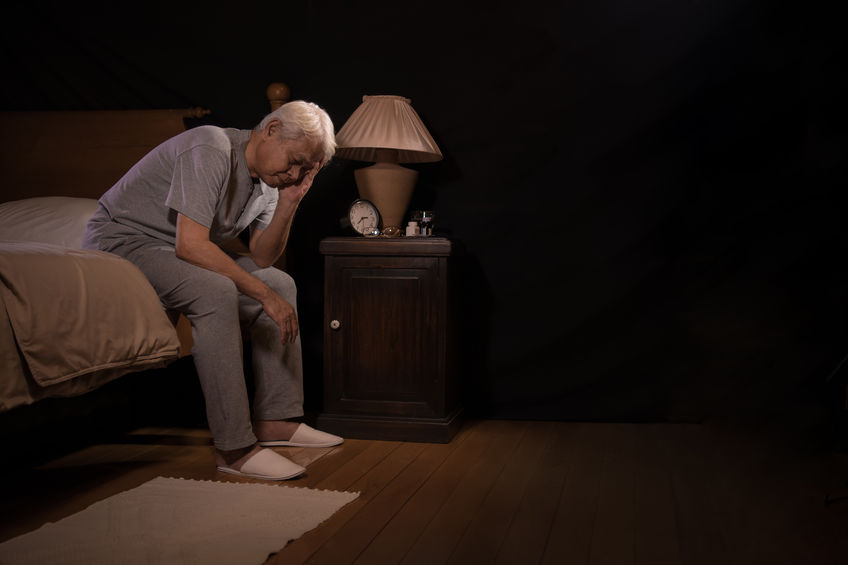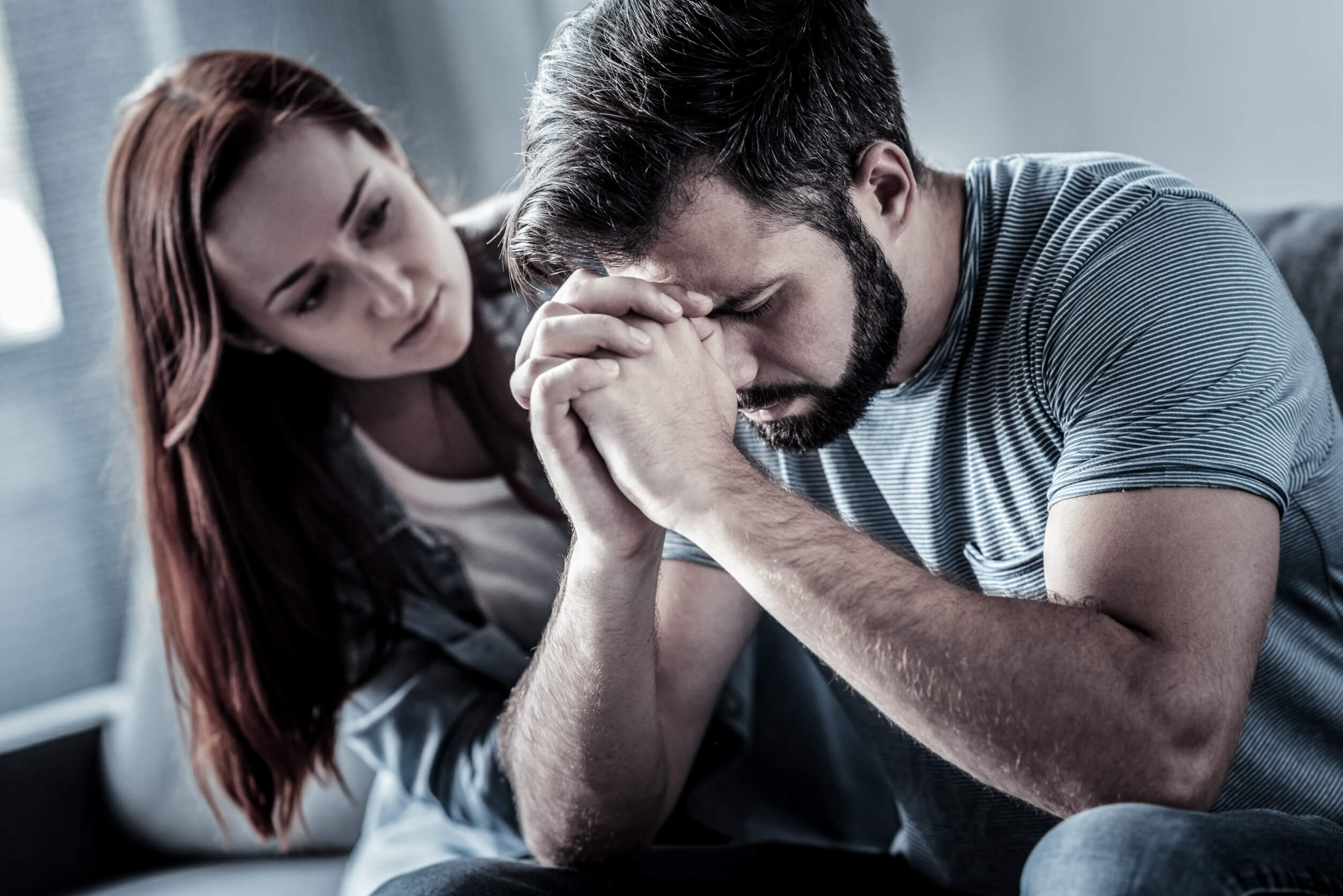Clinical depression is different than feeling sad — although it typically involves feeling sad. Learn how to distinguish depression vs. sadness.
Feeling Sad
Everyone feels sad from time to time. In fact, sadness is one of the basic universal human emotions. Feeling sad can be unpleasant or uncomfortable. But the feeling exists for a reason (like all feelings), and feeling occasionally sad is part of a healthy emotional life.
Sadness is a common feeling in moments when we experience disappointment or loss. For example, you might feel sad after social plans you were looking forward to fall through, or if you lose a treasured possession. Sadness also tends to arise in response to being rejected, the end of a valued relationship, or losing an important person in your life. Like all feelings, sadness tends to last for a while but then diminishes with time.
What Is Depression?
Depression is a condition that is more than just feeling sad. Depression includes significant sadness as well as changes in thinking and activity level. People experiencing depression often feel very sad, but they can also experience a range of other related emotions, including regret, shame, irritability, anxiety, guilt, anger, resentment, hopelessness, or despair. They may also dwell on the negative or worry in a way that is difficult to control. These impacts of depression can be quite upsetting and make it hard to function in day-to-day life.
RELATED: Depression and treatment options
Depression affects about 7% of adults in the United States each year and can affect anyone at any point in life. It tends to last for at least two weeks, but often longer for many people. Most people who are depressed feel sad, but not everyone who feels sad is depressed.
How Are Depression and Sadness Different?
So how can you distinguish sadness from depression? Consider the following points:
Sadness:
- Universal human emotion experienced by everyone at times
- Healthy and normal response to disappointment or loss
- Fades on its own with time
Depression:
- Mental health condition
- Causes widespread changes in mood, thinking, activity level
- Interferes with and disrupts day-to-day life
- Tends to last for longer periods of time
How Can You Tell If You Have Depression?
Here are some common symptoms of depression:
- Depressed or sad mood, including feeling sad, irritable, or hopeless
- Loss of interest or pleasure in life activities
- Unintentional weight loss or gain, or changes in appetite
- Sleeping a lot less or more than usual
- Decreased energy
- Difficulty concentrating or paying attention
- Thoughts about death or suicide
If you are experiencing symptoms like those described above, it may be helpful to get treatment.
Overcoming Depression: Getting Treatment
Fortunately, depression is treatable. In fact, there are multiple proven treatments for depression, including both psychotherapy and medication treatment.
In cognitive-behavioral therapy (CBT) for depression, clinicians help patients learn and practice a variety of skills for improving mood and decreasing depressive symptoms. Some of these focus on decreasing and changing unhelpful thinking patterns (such as dwelling on the negative), which can improve concentration and attention. Other CBT skills emphasize changes in behavior and habits that can improve self-care, increase motivation and energy, increase feelings of enjoyment and purpose. All of these skills work together to improve mood and the patient’s ability to function in daily life. CBT for depression is highly effective and is often used instead of medication for mild and moderate depression.
There are also various medications proven to help treat depression. If you are interested in medication treatment for depression, consider consulting with your physician, a psychiatrist, or other medical professional who can prescribe medications.
Distinguishing sadness from depression is important. If you’re wondering whether treatment for depression makes sense for you, please contact us. We are happy to help you review your options.
Subscribe to the Manhattan Center for Cognitive-Behavioral Therapy blog!









